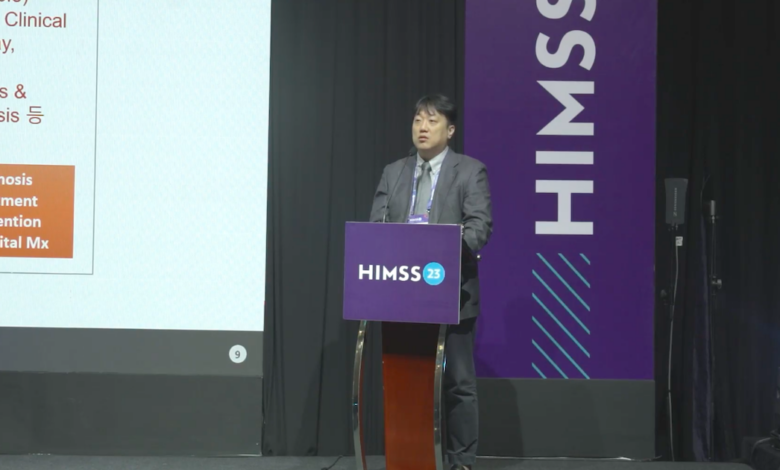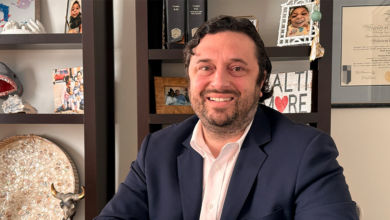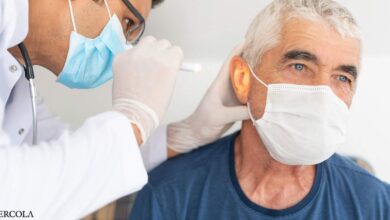Bridging IT and medical knowledge to advance healthcare AI


With a projected gradual increase in demand for innovative care solutions, tech providers have flooded the market with various AI solutions. They are all trying to take a piece of the market which could potentially be worth $188 billion by 2030.
Its largest investors, healthcare providers, have been realigning their budgets toward AI to primarily raise their competitiveness and reputation and in turn, maintain their patients’ confidence and trust.
However, most AI implementations in healthcare are stuck in the research phase.
“About half of the projects proceed from pilot to production,” noted Ho-Young Lee, professor and director of Research and Development at Seoul National University Bundang Hospital.
The reason for this lies in the cooperation between clinical and IT teams.
“In my personal experience, when we do some kind of co-work with a different specialised field (such as IT), it takes at least three years for doctors to understand their terms… and for the IT engineering [team] to understand medical terms,” Prof Lee shared.
“In order to develop and maintain AI services that can be used continuously in the medical field, it is important for a group of experts and technologically advanced companies to work together,” he said in the session, “Healthcare AI open innovation in SNUBH.”
SNUBH has demonstrated such multi-disciplinary collaboration in the various AI open innovation projects it is currently involved.
At the national level, it is part of the 30 hospitals working with around 400 healthcare professionals and 19 tech startups in developing AI solutions targeting 12 common chronic and acute diseases. The government-supported Dr Answer 2.0 project is now in its third year and is working to get local regulatory approvals for 24 solutions.
SNUBH has also tied up with GE Healthcare to support local medical startups in accelerating the development and deployment of their respective solutions by leveraging the Edison platform.
For these partnerships to flourish, it is crucial that both medical and IT teams can communicate and understand each other’s languages.
“We need a specialist who can understand both languages and help translate and share their ideas,” Prof Lee suggested. “The way an IT engineer thinks is different from a medical doctor’s way of thinking.”
“But if we do not understand each other, we won’t succeed in developing AI solutions,” he stressed.




